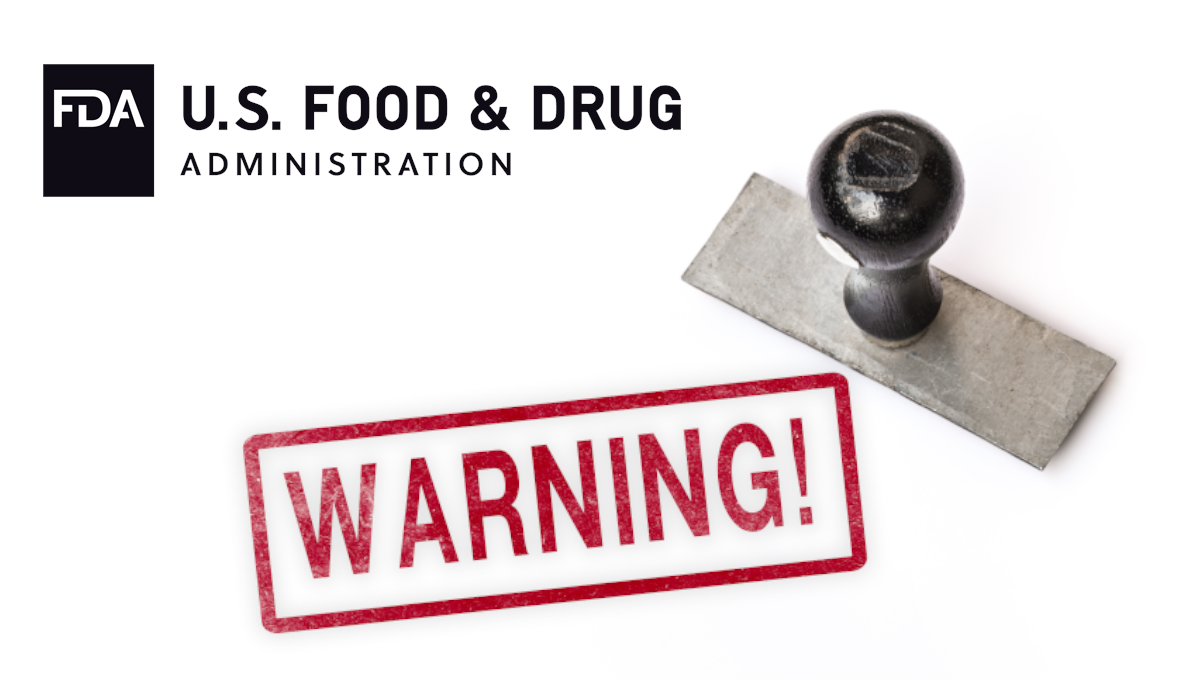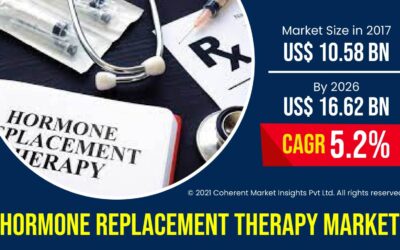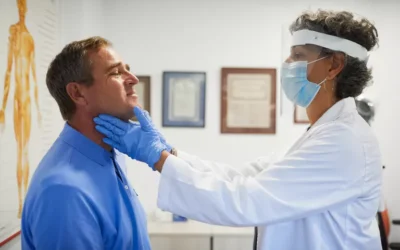WARNING LETTER
Farmakeio Outsourcing LLC
MARCS-CMS 608257 —
Delivery Method: VIA Electronic Mail
Product: Drugs
Recipient:
Daniel DeNeui
CEO
Farmakeio Outsourcing LLC
920 South Kimball Avenue, Suite 100Southlake,
TX 76092-9019
United States
Issuing Office:
Office of Pharmaceutical Quality Operations, Division II
United States
July 29, 2021
Case #: 608257
WARNING LETTER
Mr. DeNeui:
You registered your facility with the U.S. Food and Drug Administration (FDA) as an outsourcing facility under section 503B of the Federal Food, Drug, and Cosmetic Act (FDCA) [21 U.S.C. § 353b]1 on December 12, 2018 and most recently on December 23, 2020. From October 22, 2019, to October 30, 2019, an FDA investigator inspected your facility, FarmaKeio Outsourcing LLC, located at 920 South Kimball Avenue, Suite 100, Southlake, TX 76092. During the inspection, the investigator noted that drug products you produced failed to meet the conditions of section 503B of the FDCA necessary for drugs produced by an outsourcing facility to qualify for exemptions from certain provisions of the FDCA.
FDA issued a Form FDA 483 to your facility on October 30, 2019. FDA acknowledges receipt of your facility’s response, dated November 4, 2019. Based on this inspection, it appears you produced drugs that violate the FDCA.
A. Compounded Drug Products under the FDCA
Under section 503B(b) of the FDCA, a compounder can register as an outsourcing facility with FDA. Drug products compounded by or under the direct supervision of a licensed pharmacist in an outsourcing facility qualify for exemptions from the drug approval requirements in section 505 of the FDCA [21 U.S.C. § 355(a)], the requirement in section 502(f)(1) of the FDCA [21 U.S.C. § 352(f)(1)] that labeling bear adequate directions for use, and the Drug Supply Chain Security Act requirements in section 582 of the FDCA [21 U.S.C. § 360eee-1] if the conditions in section 503B of the FDCA are met.2
An outsourcing facility, which is defined in section 503B(d)(4) of the FDCA [21 U.S.C. § 353b(d)(4)], is a facility at one geographic location or address that — (i) is engaged in the compounding of sterile drugs; (ii) has elected to register as an outsourcing facility; and (iii) complies with all of the requirements of this section. Outsourcing facilities must comply with other applicable provisions of the FDCA, including section 501(a)(2)(B) [21 U.S.C. § 351(a)(2)(B)], regarding current good manufacturing practice (CGMP), and section 501(a)(2)(A) [21 U.S.C. § 351(a)(2)(A)], regarding insanitary conditions. Generally, CGMP requirements for the preparation of drug products are established in Title 21 of the Code of Federal Regulations (CFR) parts 210 and 211.
In addition, for a compounded drug product to qualify for the exemptions under section 503B, it must be compounded in an outsourcing facility that is in compliance with the registration and reporting requirements in section 503B(b), including the requirement to submit adverse event reports to FDA “in accordance with the content and format requirements established through guidance or regulation under section 310.305 of title 21, Code of Federal Regulations (or any successor regulations)” (section 503B(a)(1), (b)(5) of the FDCA [21 U.S.C. §353b(a)(1), (b)(5)]).
B. Failure to Meet the Conditions of Section 503B
During the inspection, the FDA investigator noted that drug products produced by your facility failed to meet the conditions of section 503B. The evidence collected indicates that your facility’s drug products were not compounded in an outsourcing facility that is in compliance with the requirements of section 503B(b) (see section 503B(a)(1) of the FDCA). In particular, your facility does not comply with section 503B(b)(5) of the FDCA, which as noted above, requires an outsourcing facility to submit adverse event reports to FDA in accordance with the content and format requirements established through guidance or regulation under section 310.305 of title 21, Code of Federal Regulations (or any successor regulations).3 Specifically, your facility’s procedures for reporting adverse events are inadequate. For example, your documented procedures do not adequately define what constitutes a serious adverse event and do not include information on providing follow up reports.
Because your compounded drug products have not met all of the conditions of section 503B, they are not eligible for the exemptions in that section from the FDA approval requirements of section 505, the requirement under section 502(f)(1) that labeling bear adequate directions for use, and the Drug Supply Chain Security Act requirements described in section 582 of the FDCA.
Specific violations are described below.
C. Violations of the FDCA
Unapproved New Drug Products
You do not have any FDA-approved applications on file for drug products that you compound.4 Under sections 505(a) and 301(d) and of the FDCA [21 U.S.C. §§ 355(a) and 331(d)] a new drug may not be introduced into or delivered for introduction into interstate commerce unless an application approved by FDA under section 505 of the FDCA is in effect for the drug. Marketing of these products, or other applicable products, without an approved application violates these provisions of the FDCA.
Misbranded Drug Products
You compound drug products that are intended for conditions not amenable to self-diagnosis and treatment by individuals who are not medical practitioners; therefore, adequate directions for use cannot be written so that a layman can use these products safely for their intended uses. Consequently, their labeling fails to bear adequate directions for their intended uses causing them to be misbranded under section 502(f)(1) of the FDCA.5 The introduction or delivery for introduction into interstate commerce of these products therefore violates section 301(a) of the FDCA [21 U.S.C. § 331(a)]. Further, it is also a prohibited act under section 301(k) of the FDCA [21 U.S.C. § 331(k)] to do any act with respect to a drug, if such act is done while the drug is held for sale after shipment in interstate commerce and results in the drug being misbranded.
D. Corrective Actions
We have reviewed your facility’s response to the Form FDA 483, dated November 4, 2019. Your corrective actions do not appear adequate. With respect to section 503B(b)(5) of the FDCA, we have reviewed the Standard Operating Procedure (SOP) you provided during the inspection concerning adverse event reporting. This SOP does not appear to adequately address adverse event reporting. For example:
1. Your SOP does not adequately define a serious adverse event consistent with the definition of serious adverse drug experience in 21 CFR 310.305(b);
2. Your SOP does not include information regarding submitting a follow-up report of an adverse event to FDA; and,
3. Your SOP makes no reference to the adverse event submission process utilizing the Safety Reporting Portal (SRP) or Electronic Submission Gateway (ESG) required under 21 CFR 310.305(e).
As explained above, a facility must comply with adverse event reporting requirements (section 503B(b)(5) of the FDCA [21 U.S.C. §353b(b)(5)]) in order to qualify for the exemptions under section 503B. Furthermore, your procedures for adverse event reporting must also comply with the requirements as specified in 21 C.F.R. 211.198.
During the inspection, the investigator observed that your facility compounded Testosterone Pellets in 12.5 mg, 25 mg, 37.5 mg, 50 mg, 62.5 mg, 87.5 mg, 100 mg, and 200 mg strengths using the bulk drug substance Testosterone. Testosterone is a component of multiple approved drug products, including Testopel. Please note that for a compounded drug product to qualify for the exemptions under section 503B, it must not be essentially a copy of one or more approved drugs (section 503B(a)(5) of the FDCA [21 U.S.C. § 353b(a)(5)]. The term “essentially a copy of an approved drug” means (A) a drug that is identical or nearly identical to an approved drug, or a marketed drug not subject to section 503(b) and not subject to approval in an application submitted under section 505, unless, in the case of an approved drug, the drug appears on the drug shortage list in effect under section 506E at the time of compounding, distribution, and dispensing (section 503B(d)(2)(A) of the FDCA [21 U.S.C. § 353b(d)(2)(A)]; or (B) a drug, a component of which is a bulk drug substance that is a component of an approved drug or a marketed drug that is not subject to section 503(b) and not subject to approval in an application submitted under section 505, unless there is a change that produces for an individual patient a clinical difference, as determined by the prescribing practitioner, between the compounded drug and the comparable approved drug (section 503B(d)(2)(B) of the FDCA [21 U.S.C. § 353b(d)(2)(B)]. For more information on the “essentially a copy” condition, including FDA’s recommendations on documenting prescriber determinations of a clinical difference with respect to compounded drugs that would otherwise be copies under section 503B(d)(2)(B), please see FDA’s guidance, “Compounded Drug Products That Are Essentially Copies of Approved Drug Products Under Section 503B of the Federal Food, Drug, and Cosmetic Act.”
We remind you that for a compounded drug product to qualify for the exemptions under section 503B, the labeling of the drug must include certain information, including “the statement ‘This is a compounded drug.’ or a reasonable comparable alternative statement (as specified by the Secretary) that prominently identifies the drug as a compounded drug” (section 503B(a)(10) of the FDCA [21 U.S.C. §353b(a)(10)]).] FDA acknowledges your statement that “FarmaKeio Outsourcing LLC will…add the phrase ‘This is a’ to our product labels in front of the statement ‘Compounded Drug’ which already exists on our product labels.”
Should you continue to compound and distribute drug products that do not meet the conditions of section 503B, the compounding and distribution of your drugs would be subject to the new drug approval requirement, the requirement to label drug products with adequate directions for use, and the Drug Supply Chain Security Act requirements.
E. Conclusion
The violations cited in this letter are not intended to be an all-inclusive statement of violations at your facility. You are responsible for investigating and determining the causes of any violations and for preventing their recurrence or the occurrence of other violations. It is your responsibility to ensure that your firm complies with all requirements of federal law, including FDA regulations.
You should take prompt action to correct any violations. Failure to adequately address any violations may result in legal action without further notice, including, without limitation, seizure and injunction.
Within fifteen (15) working days of receipt of this letter, please notify this office in writing of the specific steps that you have taken to address any violations. Please include an explanation of each step being taken to prevent the recurrence of any violations, as well as copies of related documentation. If you believe that your products are not in violation of the FDCA, include your reasoning and any supporting information for our consideration. If you cannot completely address this matter within fifteen (15) working days, state the reason for the delay and the time within which you will do so.
Your written notification should refer to case # 608257.
Please electronically submit your reply, on company letterhead, to Jamillah Selby, Compliance Officer, at ORAPHARM2_RESPONSES@fda.hhs.gov. In addition, please submit a signed copy of your response to jamillah.selby@fda.hhs.gov and/or john.diehl@fda.hhs.gov.
If you have questions regarding the contents of this letter, you may contact Jamillah Selby via phone at 214-253-5218 or email at. jamillah.selby@fda.hhs.gov.
Sincerely,
/S/
CDR John W. Diehl, M.S.
Acting Program Division Director
Office of Pharmaceutical Quality Operations,
Division II
Cc:
Allison Benz Executive Director/Secretary
333 Guadalupe, Suite #3-500
Austin, Texas 78701
email: ALLISON.BENZ@PHARMACY.TEXAS.GOV
Cody Boatman, COO
FarmaKeio Outsourcing LLC
920 South Kimball Avenue, Suite 100
South Lake, TX 76092-9019
______________________________
1 See Pub. L. No. 113-54, § 102(a), 127 Stat. 587, 587-588 (2013).
2 We remind you that there are conditions, other than those discussed in this letter, that must be satisfied to qualify for the exemptions in section 503B of the FDCA.
3 For more information, see FDA’s guidance, “Adverse Event Reporting for Outsourcing Facilities Under Section 503B of the Federal Food, Drug, and Cosmetic Act,” which can be found at https://www.fda.gov/downloads/Drugs/GuidanceComplianceRegulatoryInformation/Guidances/UCM434188.pdf.
4 The specific products made by your firm are drugs within the meaning of section 201(g) of the Act, [21 U.S.C. § 321(g)] because they are intended for use in the diagnosis, cure, mitigation, treatment, or prevention of diseases and/or because they are intended to affect the structure or any function of the body. Further, they are “new drugs” within the meaning of section 201(p) of the FDCA [21 U.S.C. § 321(p)] because they are not generally recognized as safe and effective for their labeled uses.
5 Your compounded drug products are not exempted from the requirements of section 502(f)(1) of the FDCA by regulations issued by the FDA (see, e.g., 21 CFR 201.115).









